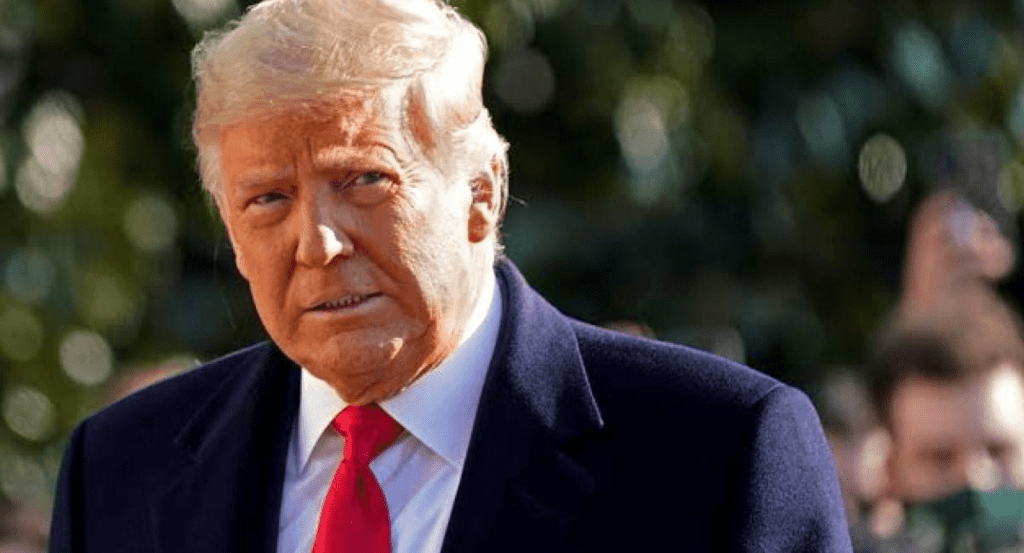President-Elect Donald Trump has announced plans to sign an executive order on his first day back in office to ban transgender individuals from serving in the military. This declaration, part of his 2024 presidential campaign, has sparked significant controversy and reignited debates about inclusivity and discrimination within the armed forces.
Trump’s announcement mirrors his previous 2017 directive, which prohibited transgender people from enlisting in the military and restricted their ability to serve openly. That policy was later overturned in 2021 by President Joe Biden, restoring the rights of transgender individuals to serve without restrictions.
Speaking at a campaign event, Trump argued that the presence of transgender personnel undermines military readiness and cohesion. “We will restore the military to focus on victory and discipline,” he said, describing the policy as a step toward prioritizing traditional military values.
Advocates for transgender rights have condemned the proposed ban as discriminatory and regressive. Organizations such as the Human Rights Campaign and the American Civil Liberties Union have pledged to challenge any such executive order in court, emphasizing the contributions of transgender individuals to the U.S. military.
Military experts and advocacy groups have also pointed out that studies, including a comprehensive 2016 report commissioned by the Department of Defense, found no evidence that the inclusion of transgender personnel negatively impacts military effectiveness or unit cohesion. On the contrary, advocates argue that diversity strengthens the military by allowing all capable individuals to serve.
Trump’s proposal has drawn mixed reactions from political figures. While some Republican lawmakers have expressed support for the policy, Democratic leaders and LGBTQ+ advocates have strongly opposed it, labeling it as an attack on fundamental human rights.






















